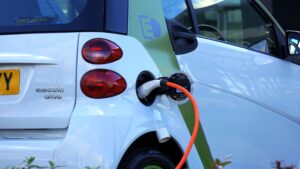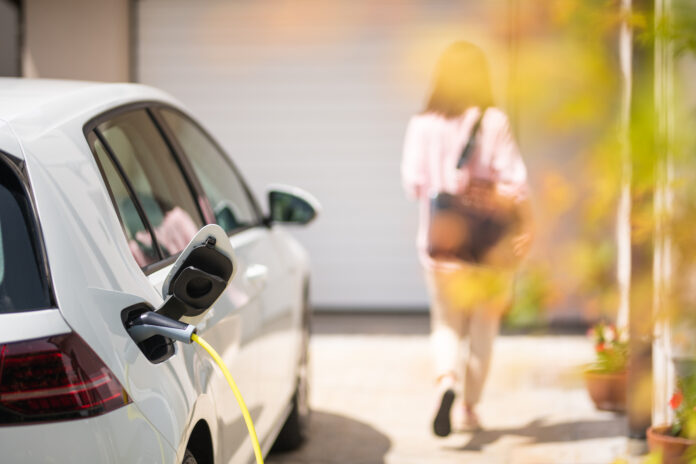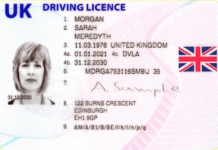As the UK’s electric and hybrid market continues to boom, the safe installation of EV chargers is a crucial factor for homeowners. Recent data reveals that there are 477,000 electric cars on the road and approximately 790,000 plug-in hybrids. Electric Vehicles (EV) now have a 14% share of the UK’s new car market and are projected to outsell diesel and mild hybrid diesel cars by the end of the year.
With this in mind, NICEIC – the UK’s leading body for certified electrical businesses – shares the top five things electric and hybrid vehicle owners need to know when it comes to the safe installation of EV chargers.

- Assess the Homes Electrical System: before installing an EV charger, evaluate the home’s electrical capacity. An EV charger can demand a significant amount of power, which may require an electrical upgrade to the home’s infrastructure. Old wiring may not be able to cope with the demand, potentially putting the property at risk of a fire. A certified business will be able to determine if any modifications are necessary to accommodate the charger’s power requirements.
- Select the Right Location: the physical placement of the EV charger is critical for safety and accessibility. Chargers should be installed in an area away from risk of damage and protected from extreme weather conditions wherever possible. Adequate spacing and proper cable management are also essential to prevent tripping hazards and damage to the cables.
- Choose the Right Charger Type: EV chargers come in different levels (1, 2 and 3). Each level offers varying charging speeds and voltage requirements with three being the highest. The choice should align with the drivers’ driving habits, vehicle battery capacity, and available electrical capacity. A certified electrical business can help decide which charger type suits the cars and drivers needs best.
- Prioritise Professional Installation: safety is paramount when it comes to EV charger installation. Homeowners should never attempt to fit an EV charger themselves and should always ensure that the work is carried out by a competent person such as an NICEIC Certified Business. Proper installation will safeguard against potential hazards and ensure the system always runs efficiently.
- Don’t Forget to Check for Wear & Tear: just like any other electrical appliance, EV charger cables should be routinely examined to ensure their continued functionality and safety. Should you find anything of concern, then it’s best to bring in a certified electrical business to identify any potential issues before they become hazardous. Keeping a close eye on cable condition not only guarantees a reliable charging experience but also extends the lifespan of both the charger and the vehicle’s battery.
Bonus tip!
Should further renewable energy sources such as battery storage, solar PV or heat pumps be on the future wish list, homeowners should think ahead and discuss these at the point of installation. A certified electrical business will be able to advise on the simple steps a homeowner can take now to facilitate any additional upgrades in the future.
EV chargers are an integral part of transitioning to greener travel. However, safety should always be the top priority. Homeowners should refrain from attempting DIY installations and instead rely on a certified business which possesses the knowledge and expertise to ensure a safe, efficient and reliable charging solution for the electric or hybrid vehicle.
For further information or to search for your nearest NICEIC Certified electrical business, visit niceic.com .
Help keep news FREE for our readers
Supporting your local community newspaper/online news outlet is crucial now more than ever. If you believe in independent journalism, then consider making a valuable contribution by making a one-time or monthly donation. We operate in rural areas where providing unbiased news can be challenging. Read More About Supporting The West Wales Chronicle

























